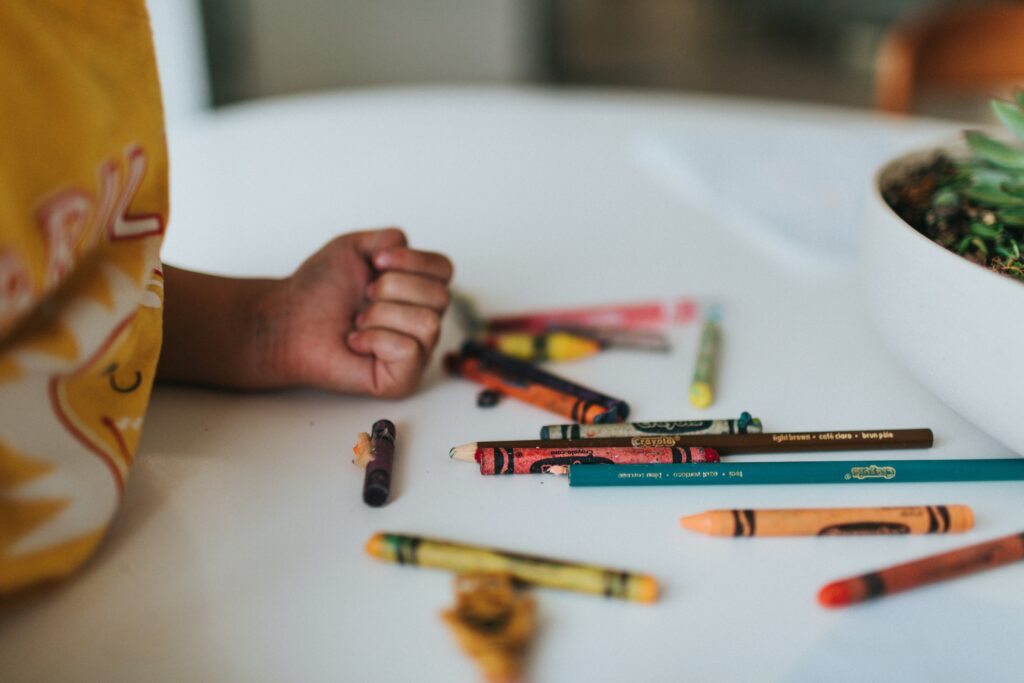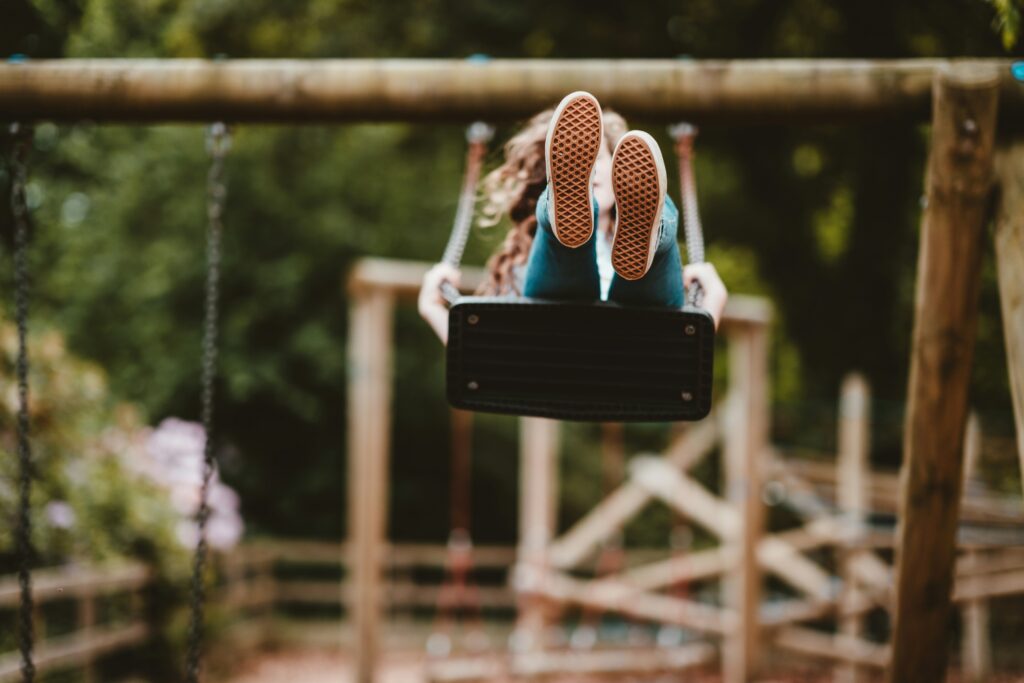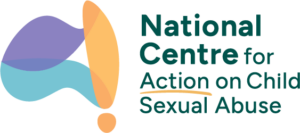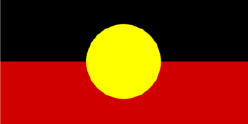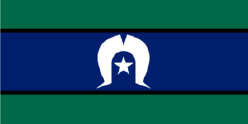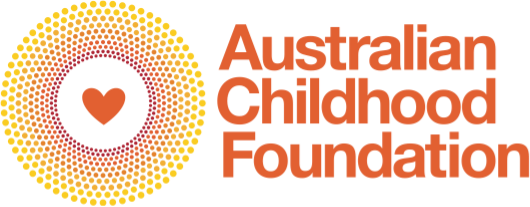Landmarks and buildings across Australia will be lighting up in blue tonight, 18 November, marking the UN World Day for the Prevention of and Healing from Child Sexual Exploitation, Abuse and Violence.
The National Centre spoke with Karen Walker, child sexual abuse advocate and leader of “Light up Australia in Blue”, about the importance of acknowledging this day and the 2025 theme: “Strengthening the protection of children against sexual exploitation and sexual abuse through evidence-based policy making.” Karen shares her inspiration behind the “Light up Australia in Blue” initiative, what policy changes Australia urgently needs to keep children and young people safe from child sexual abuse and what actions individuals and organisations can take today and beyond.
Why is the UN World Day for the Prevention of and Healing from Child Sexual Exploitation, Abuse and Violence so important?
Recognising world days declared by the United Nations shines a light on significant human rights issues, including the rights of society’s most vulnerable, our children. This UN World Day for the Prevention of and Healing from Child Sexual Exploitation, Abuse and Violence is an opportunity to create conversations about the need to prioritise and accelerate prevention, healing and justice associated with child sexual exploitation, abuse and violence, both offline and online.
What brought you to launch the “Light up Australia in blue” initiative?
When I worked at SkyCity in Auckland, New Zealand, our Sky Tower was often illuminated in different colours to recognise days of significance, which did create conversations and awareness. Blue is the colour that landmarks and buildings around the world light up in, to recognise World Children’s Day. Australia has so many different, unique, large and significant landmarks that can be illuminated. It seemed a very visual and accessible way of demonstrating how Australian organisations – and Australians – care about the safety and wellbeing of children, in addition to generating awareness of this important UN day and the outcomes it seeks.
This year’s theme focuses on evidence-based policy making. What does that mean to you in the context of child sexual abuse prevention and response?
As an Australian and the sister of my brother Ian, a deceased victim of child sexual abuse, I am very proud that we have global leaders such as Professor Ben Mathews, working in research on child maltreatment, including child sexual abuse. The work of Dr Mathews and other researchers, provides vital information to our governments and society on prevalence, impacts and perpetrators, including trends, what policies and responses need an increased focus on, and where responses are having a positive impact. For example, recent research has highlighted that child sexual abuse perpetrated by adolescents has become more common in Australia, requiring targeted policies and responses focused on prevention.
What specific policy changes need to happen?
All levels of government in Australia should have a policy that requires engagement with, and hearing directly from, individuals and families with lived experience and relevant service providers, advocacy organisations and experts. This should apply when considering any child sexual abuse, violence and exploitation policy, legislation, regulation or strategy related to prevention, healing and justice.
Lived experience advisory councils embedded within government are not a concept, but a reality in other countries and places, and are known to the Australian government, as a member of the Five Country Ministerial Group. At their recent meeting in September, the Group emphasised that lived experience and relevant expertise must inform actions to effectively prevent and respond to, child sexual exploitation, abuse and violence, both offline and online.
As an advocate for victims and survivors of child sexual abuse, why do you think it is important to centre lived experience in policy and prevention efforts?
It is just common sense that lived experiences of circumstances that enabled and too often prolonged experiencing child sexual abuse, and barriers to healing and justice, inform effective and requisite change. Changes not only in government policy, services, legislation and strategies, but also changes in public awareness and education. Child sexual abuse is a social issue, where everyone has a part to play.
What actions can individuals or organisations take on 18 November and beyond?
Start a conversation, in person and online, on social media, about prevalence. More than one in three girls and one in five boys living in Australia have experienced child sexual abuse, a serious crime. A crime that shouldn’t carry the burden of any shame or stigma for the victims, who deserve access to support, healing and justice. A crime that should continuously be a top priority of our three levels of government in Australia, instead of significant government responses only being triggered by media coverage and associated public outrage. This results in piecemeal fixes, not ongoing, nationally coordinated and comprehensive strategies and funding.

